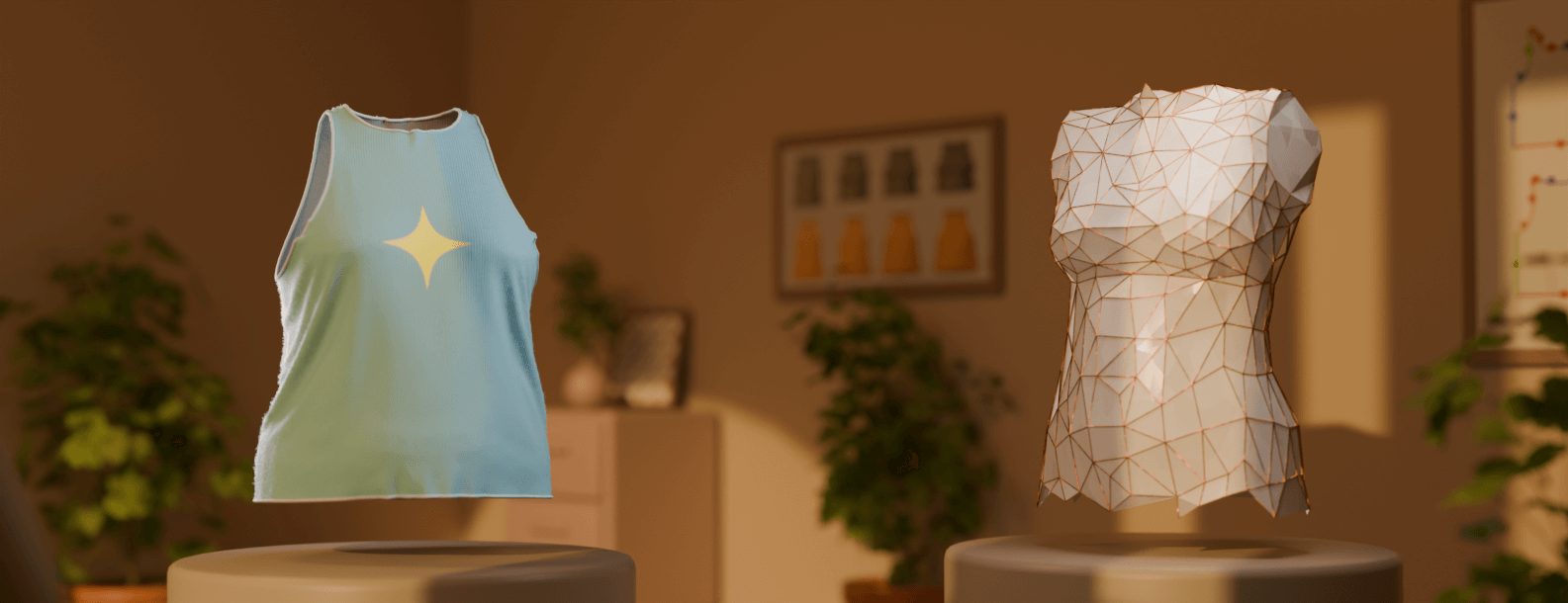Editorial
Date
The Cornerstone for the Future of Entertainment
While applied research in artificial intelligence (AI) is relatively advanced in the video game sector among large companies, it is still in its infancy for the VFX/Animation sector as a whole. The opportunities it offers seem limitless but often unknown or too expensive for many companies, especially independent video game studios.
Creating a Hub of Expertise in Applied AI
With the research project Unleashing Creativity through Digital Intelligence: The Cornerstone for the Future of Entertainment, CDRIN aims to accelerate the digital transition of the digital creativity sector by leveraging artificial intelligence (including Nerf technology). Moreover, it aims to consolidate Quebec’s strengths in digital creativity by establishing a collaboration platform bringing together major industry players.
To achieve this, CDRIN has set up a hub of expertise in AI applied to the digital creativity industries. This hub is composed of companies from the video game and special effects sectors (including Ubisoft Montreal, Eidos, RodeoFX, Hybrid, Double Negative), strategic organizations that represent and advise Quebec actors in entertainment (BTCQ, La Guilde du jeu vidéo du Québec), as well as a Quebec-wide academic institution in artificial intelligence (IVADO). Its mission is to develop and deploy AI-based solutions for the benefit of companies in the sector, and to democratize their use for the rest of the sector. In addition, students from Cégep de Matane in computer science and 3D animation and image synthesis have been involved throughout the project.
The AI-based processes that will be designed are not intended to replace artists with algorithms but to improve their productivity and support their creativity by freeing them from the most repetitive and time-consuming tasks.
A Three-Phase Project
- Needs analysis and state of the art
- From conceptualization to implementation
- Dissemination and transfer
Outcomes
Although the digital creativity industry is doing well, the digital transition remains a challenge for its artisans. Tasks are becoming more complex and fragmented, requiring more agile digital solutions and a greater ability to manage large-scale projects involving a wide variety of artistic and technical professions. It is necessary to better equip the sector to increase its capacity. The project contributes to the training of highly qualified personnel at the college level and in companies. It also targets artists and digital systems managers in recipient environments.
The research results will make it possible to offer companies in the sector research and development services and technical support, which few of them are able to support financially and humanly. The project will contribute in particular to the training of highly qualified personnel at the college level.
Research Axes
Starting in 2022 and ending in 2024, the research project is divided into three research axes:
- Rapid prototyping: from conceptual art to 3D resources with generative AI
- Automation of rotoscoping using AI
- Adjustment of automated costumes by AI
- Automation of quality assurance at the level of visual bugs
- Creation of synthetic character models
- Accelerate the prototyping of the game environment thanks to Nerf
Challenges to be met
Increase the ability to iterate with automatic content generation models with procedural texture generation and automatic or assisted prototyping of environments and game rules.
Simplify repetitive or time-consuming tasks with content generation or detection and association models, through the automation of match move and body matching as well as the conversion of sketches and 2D concepts into 3D models and scenes.
Subscribe to our newsletter to follow the project news.
Research Team
Katia Liénafa, Educational Advisor, Cégep de Matane
Olivier Leclerc, Research Programmer, CDRIN
Olivier Therrien, Research Programmer, CDRIN
Sherry Taheri, AI Scientist, CDRIN
Vahe Vardanyan, Director of AI Science, CDRIN
Christophe Marois, 3D Technical Artist, CDRIN
Yann Roubeau, R&D Research Programmer, CDRIN
Maxime Daigle Vigneault, R&D Research Programmer, CDRIN
Interns from Cégep de Matane
Joël Gagné
Katharina Guerrero

